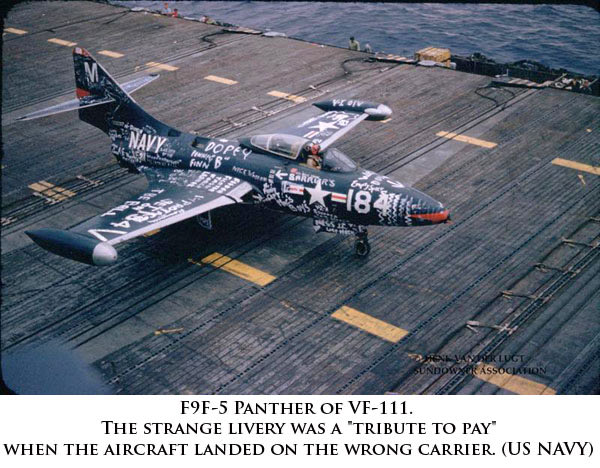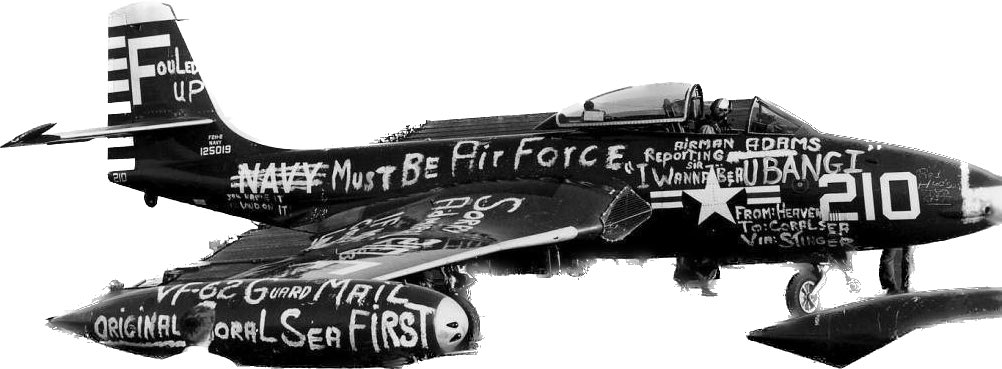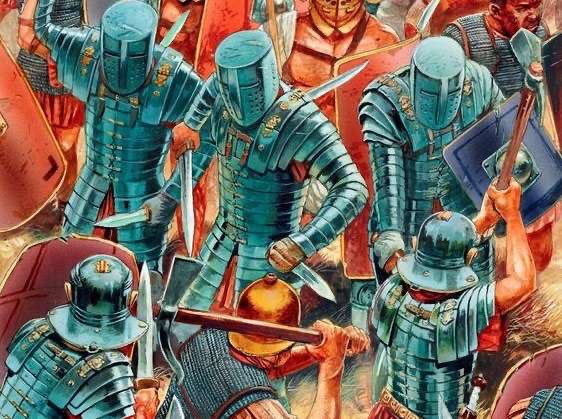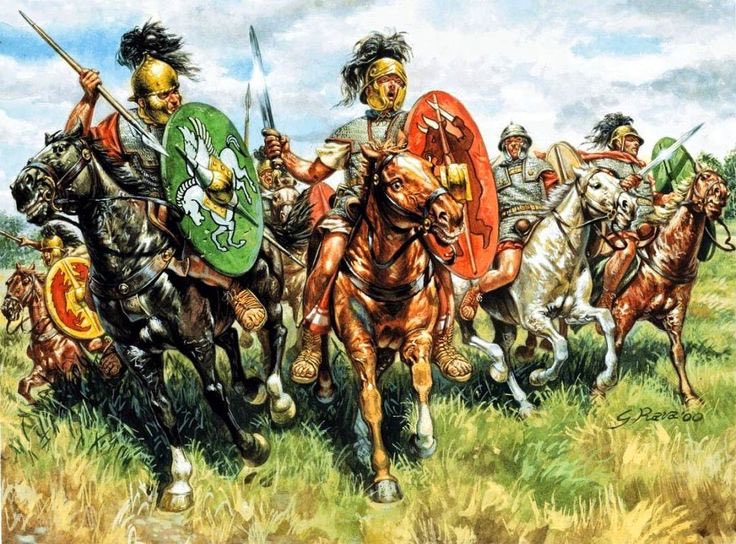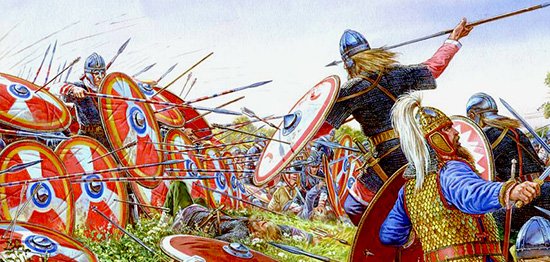
- Landing on the wrong aircraft carrier 🧵-
Carriers can look indistinguishable to an untrained eye, but it seems that even the most trained of eyes can sometimes make some mistakes (1/5) #Svagaiature #History
Carriers can look indistinguishable to an untrained eye, but it seems that even the most trained of eyes can sometimes make some mistakes (1/5) #Svagaiature #History

US naval tradition requires the carriers’ crews to be as discreet as possible about the error especially avoiding embarrassing the pilot. But theory and practice are two very different things and crews developed a tradition of doing works of art with the unexpected visitors (2/5)
This exactly what happened to an A-7 Corsair II from USS Kitty Hawk that in the 1970s mistakenly landed on USS Hancock (3/5) 

• • •
Missing some Tweet in this thread? You can try to
force a refresh


